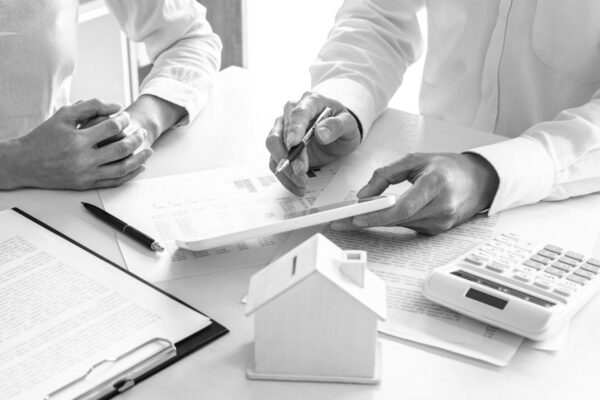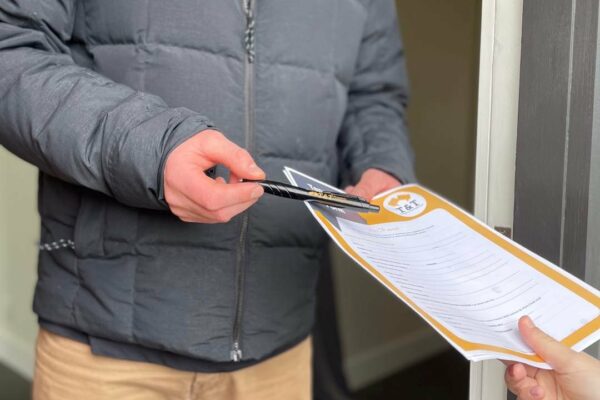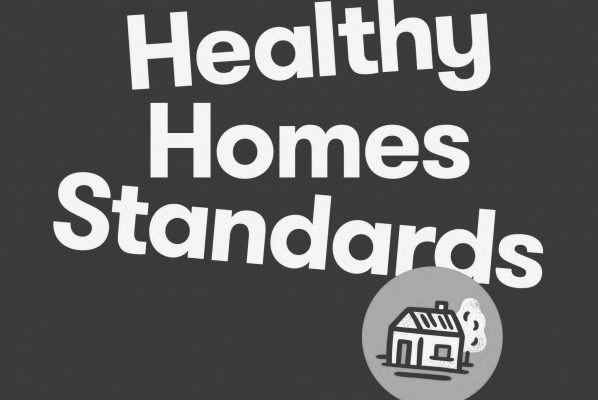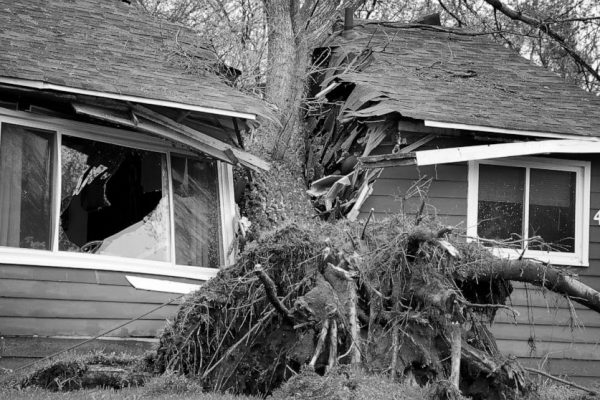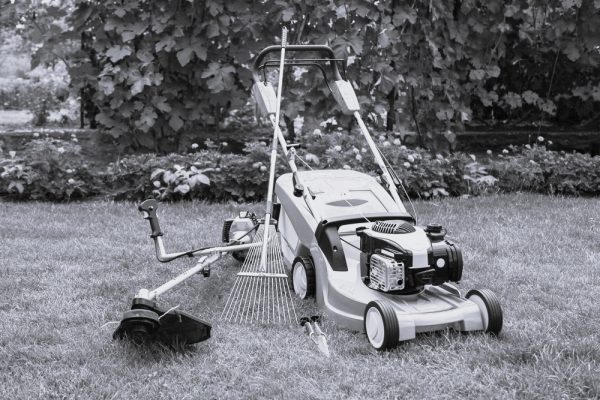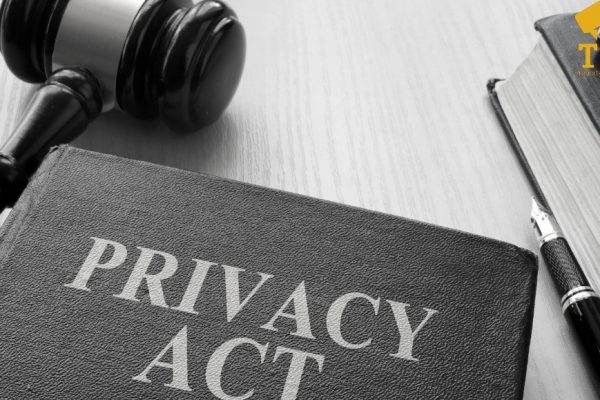Tips For Success In Property Management 07/02/2024
Achieving success in property management involves a combination of effective strategies, strong communication skills, and a proactive approach to problem-solving.
Here are some tips for property management success:
- Clear Communication:
- Establish open and transparent communication channels with tenants, property owners, and any relevant stakeholders.
- Respond promptly to emails, phone calls, and inquiries to build trust and maintain positive relationships.
- Thorough Tenant Screening:
- Implement a rigorous tenant screening process to ensure reliable and responsible tenants.
- Check rental history, credit reports, and references to minimize the risk of late payments or property damage.
- Up-to-Date Documentation:
- Keep accurate and up-to-date records of lease agreements, property inspections, and communication with tenants and property owners.
- Use property management software to streamline documentation and organization.
- Regular Property Inspections:
- Conduct regular property inspections to identify maintenance issues early on.
- Proactively address any needed repairs to prevent more significant problems and keep the property well-maintained.
- Proactive Maintenance:
- Implement a preventative maintenance plan to extend the lifespan of property components.
- Address maintenance requests promptly to ensure tenant satisfaction and protect the property’s value.
- Know and Follow Local Laws:
- Stay informed about local, state, and federal laws related to property management.
- Ensure that lease agreements, eviction processes, and other practices comply with legal requirements.
- Effective Marketing:
- Develop a solid marketing strategy to attract quality tenants quickly.
- Utilize online platforms, social media, and traditional marketing methods to promote available properties.
- Financial Management:
- Establish a realistic budget for property expenses and income.
- Track financial transactions accurately, including rent collection, expenses, and taxes.
- Invest in Professional Development:
- Stay updated on industry trends, best practices, and changes in regulations.
- Attend relevant workshops, seminars, and networking events to enhance your skills and knowledge.
- Emergency Preparedness:
- Develop and communicate emergency protocols to tenants.
- Ensure that you have a reliable network of contractors and service providers for urgent repairs.
- Build Strong Relationships:
- Cultivate positive relationships with tenants, property owners, and vendors.
- Address concerns with empathy and professionalism to foster a positive rental experience.
- Technology Integration:
- Embrace technology, such as property management software, to streamline processes and enhance efficiency.
- Use online platforms for rent payments, maintenance requests, and communication.
By combining these tips with adaptability and a customer-centric mindset, property managers can enhance their success in the dynamic field of property management.
Achieving success in property management involves a combination of effective strategies, strong communication skills, and a proactive approach to problem-solving.
Here are some tips for property management success:
- Clear Communication:
- Establish open and transparent communication channels with tenants, property owners, and any relevant stakeholders.
- Respond promptly to emails, phone calls, and inquiries to build trust and maintain positive relationships.
- Thorough Tenant Screening:
- Implement a rigorous tenant screening process to ensure reliable and responsible tenants.
- Check rental history, credit reports, and references to minimize the risk of late payments or property damage.
- Up-to-Date Documentation:
- Keep accurate and up-to-date records of lease agreements, property inspections, and communication with tenants and property owners.
- Use property management software to streamline documentation and organization.
- Regular Property Inspections:
- Conduct regular property inspections to identify maintenance issues early on.
- Proactively address any needed repairs to prevent more significant problems and keep the property well-maintained.
- Proactive Maintenance:
- Implement a preventative maintenance plan to extend the lifespan of property components.
- Address maintenance requests promptly to ensure tenant satisfaction and protect the property’s value.
- Know and Follow Local Laws:
- Stay informed about local, state, and federal laws related to property management.
- Ensure that lease agreements, eviction processes, and other practices comply with legal requirements.
- Effective Marketing:
- Develop a solid marketing strategy to attract quality tenants quickly.
- Utilize online platforms, social media, and traditional marketing methods to promote available properties.
- Financial Management:
- Establish a realistic budget for property expenses and income.
- Track financial transactions accurately, including rent collection, expenses, and taxes.
- Invest in Professional Development:
- Stay updated on industry trends, best practices, and changes in regulations.
- Attend relevant workshops, seminars, and networking events to enhance your skills and knowledge.
- Emergency Preparedness:
- Develop and communicate emergency protocols to tenants.
- Ensure that you have a reliable network of contractors and service providers for urgent repairs.
- Build Strong Relationships:
- Cultivate positive relationships with tenants, property owners, and vendors.
- Address concerns with empathy and professionalism to foster a positive rental experience.
- Technology Integration:
- Embrace technology, such as property management software, to streamline processes and enhance efficiency.
- Use online platforms for rent payments, maintenance requests, and communication.
By combining these tips with adaptability and a customer-centric mindset, property managers can enhance their success in the dynamic field of property management.



